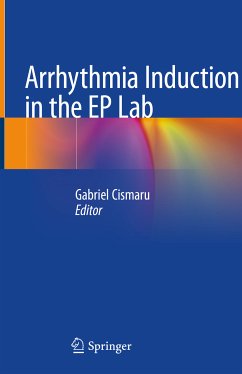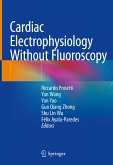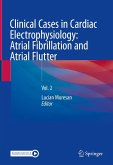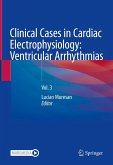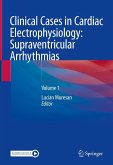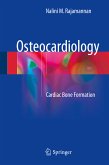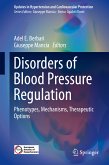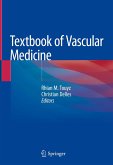Each chapter begins with a description of the drug's chemical structure and mechanism of actions, then illustrates the infusion preparation, dosage and side effects and lastly analyzes its electrophysiological properties and highlights the most important clinical studies on it. For each drug the authors list - in dedicated tables - administration protocols from their own hospital.
This book is of interest to postgraduate students, cardiology residents, cardiologists and pediatric cardiologists with special interest in arrhythmias, as well as to trainees, technicians and nurses involved in the EP lab.
Dieser Download kann aus rechtlichen Gründen nur mit Rechnungsadresse in A, B, BG, CY, CZ, D, DK, EW, E, FIN, F, GR, HR, H, IRL, I, LT, L, LR, M, NL, PL, P, R, S, SLO, SK ausgeliefert werden.

